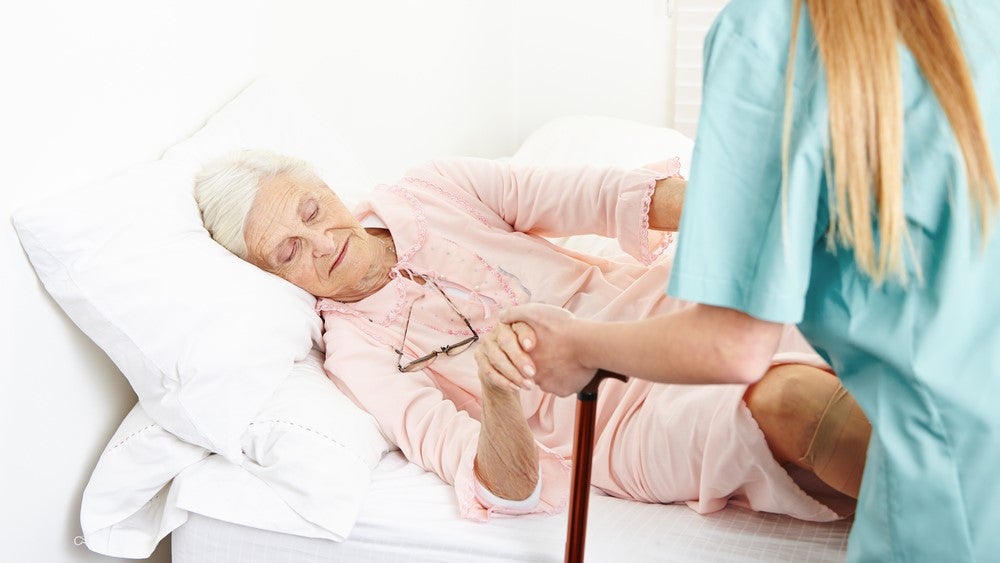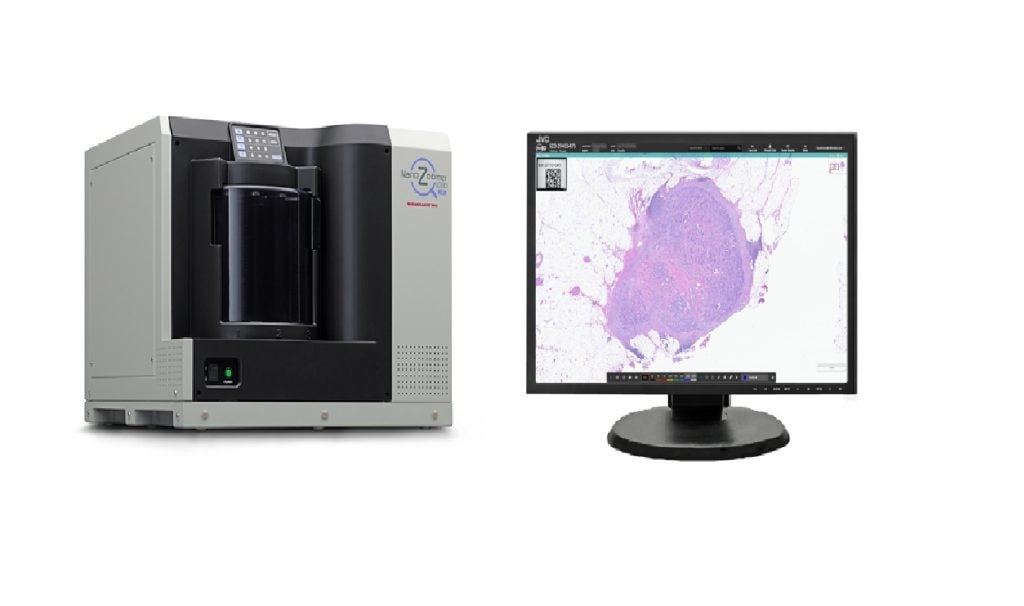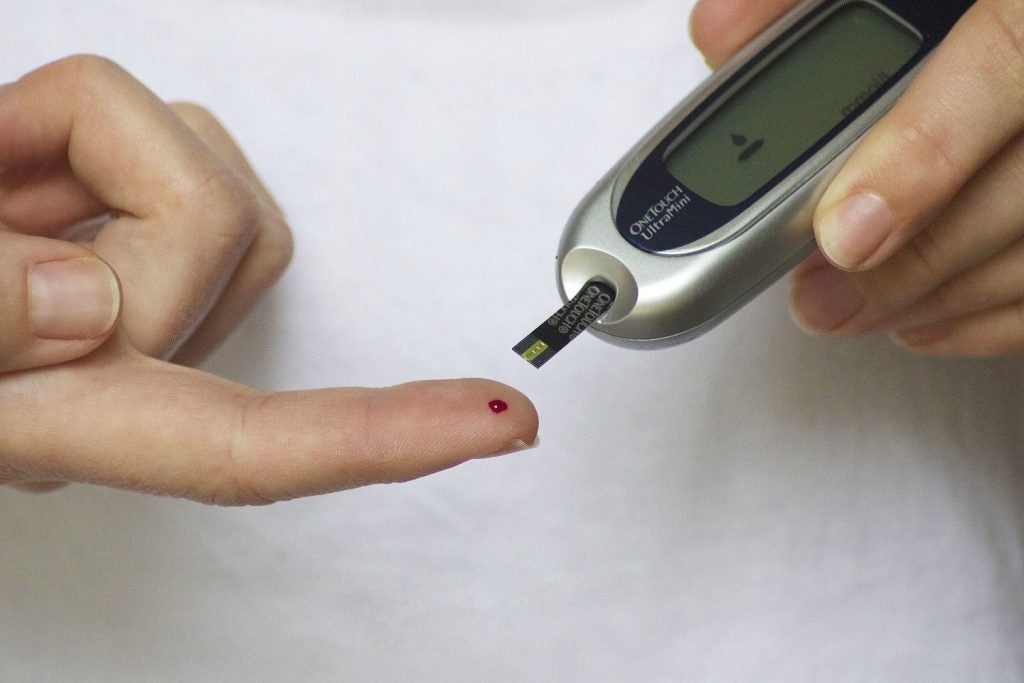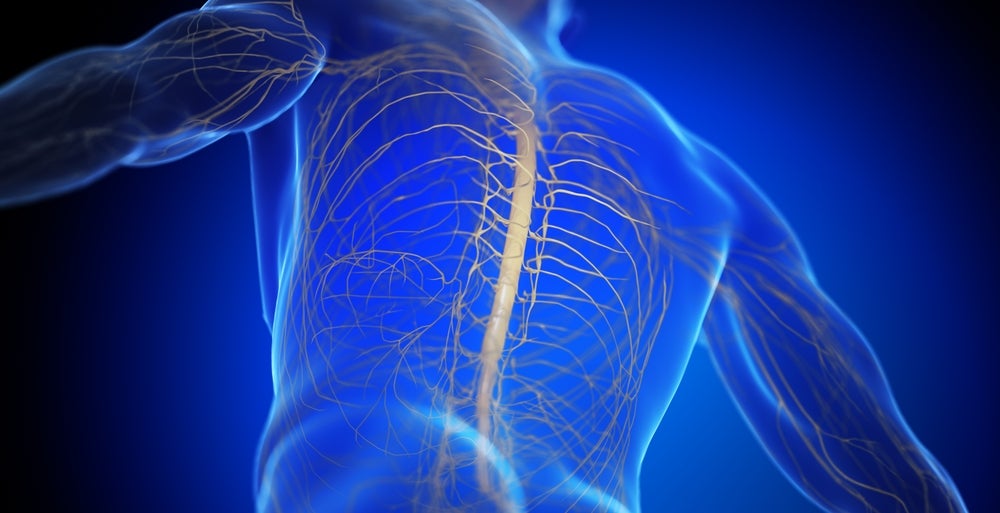Scotland-based biotech Invizius has completed a Phase I clinical study, assessing its dialysis priming product H-Guard.
H-Guard is a specialised medical device coating indicated for use in dialysis procedures. It is designed to prevent inflammation and clotting on the surfaces of the dialysis machine’s filter and tubing by using the patient’s own natural protein, Factor H.
The trial enrolled eight patients undergoing haemodialysis who are vulnerable to dialysis-induced immune activation. The trial took place at the National Institute for Health and Care Research (NIHR) Manchester Clinical Research Facility (CRF) in the UK.
Invizius received approval from the UK Medicines and Health Regulatory Agency (MHRA) in August 2023 to initiate the Phase I trial.
The study demonstrated the safety and tolerability of H-Guard and has established encouraging biomarker data positions for an upcoming Phase IIb trial in patients with acute kidney injury (AKI). The trial will focus on reducing complement-mediated renal tubule cell damage during continuous renal replacement therapy (CRRT). The CRRT filter will be coated with H-Guard.
According to a GlobalData market model, the UK dialysis accessories market will be worth $242m in 2033. In 2022, the leading player in the UK's dialysis accessories market was Asahi Kasei followed by B Braun Melsungen, Baxter International, Fresenius SE & Co, Nipro and Toray Industries.
Invizius’s CEO Magnus Nicolson said: “This is an important milestone for H-Guard and Invizius, allowing us to progress into a larger efficacy study showing the clinical benefits of controlling complement activation in CRRT and a number of extracorporeal systems.”
Invizius, which is a spinout company from the University of Edinburgh, has also completed enrolment in a 525-patient study that intends to assess ‘complement activation’ during haemodialysis in patients with end-stage renal failure, and its wider link to the patient’s risk of serious complications during dialysis.
In a June 2023 announcement, Invizius said that the study enables them to stratify the patient population in preparation for the Phase I study of H-Guard.















